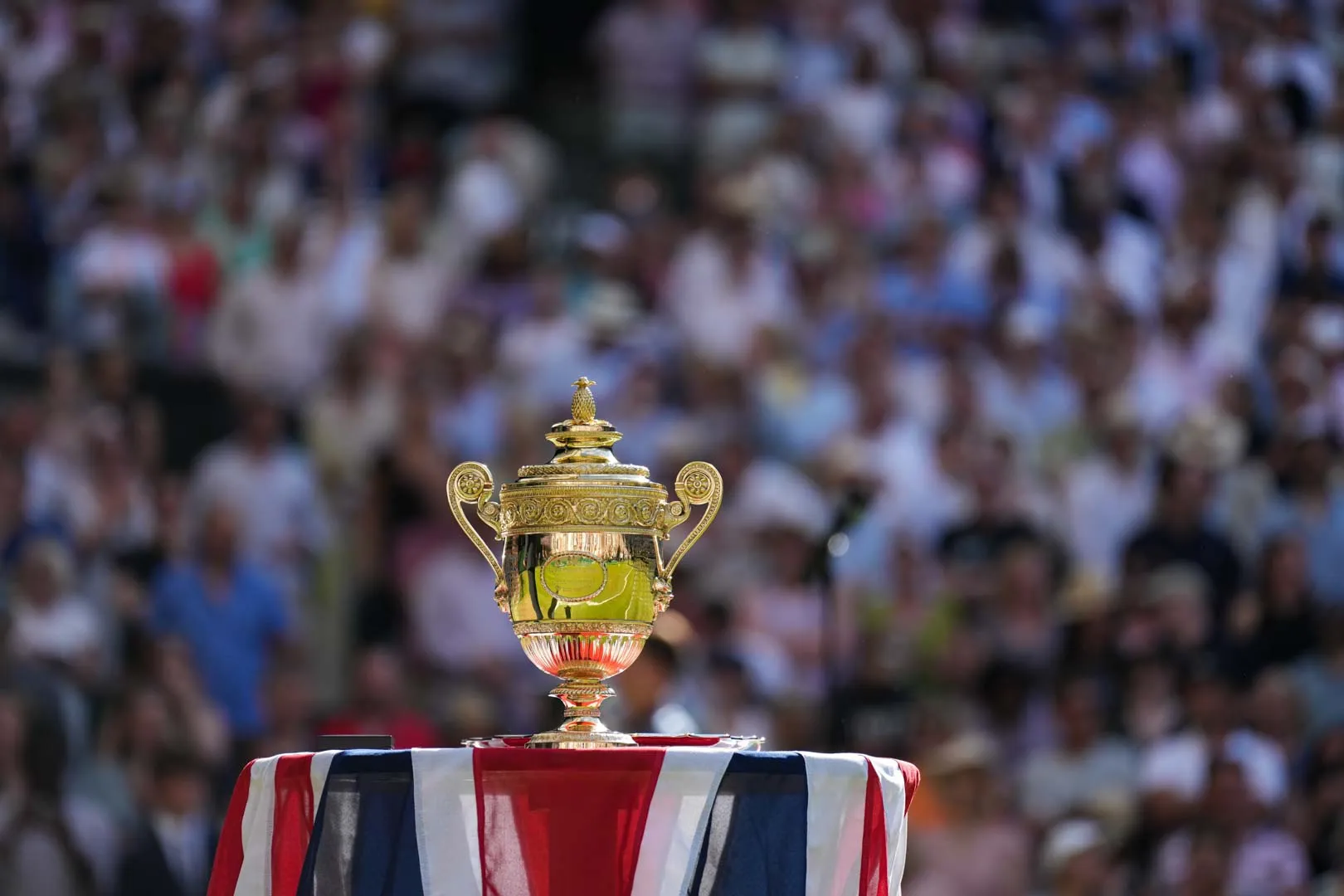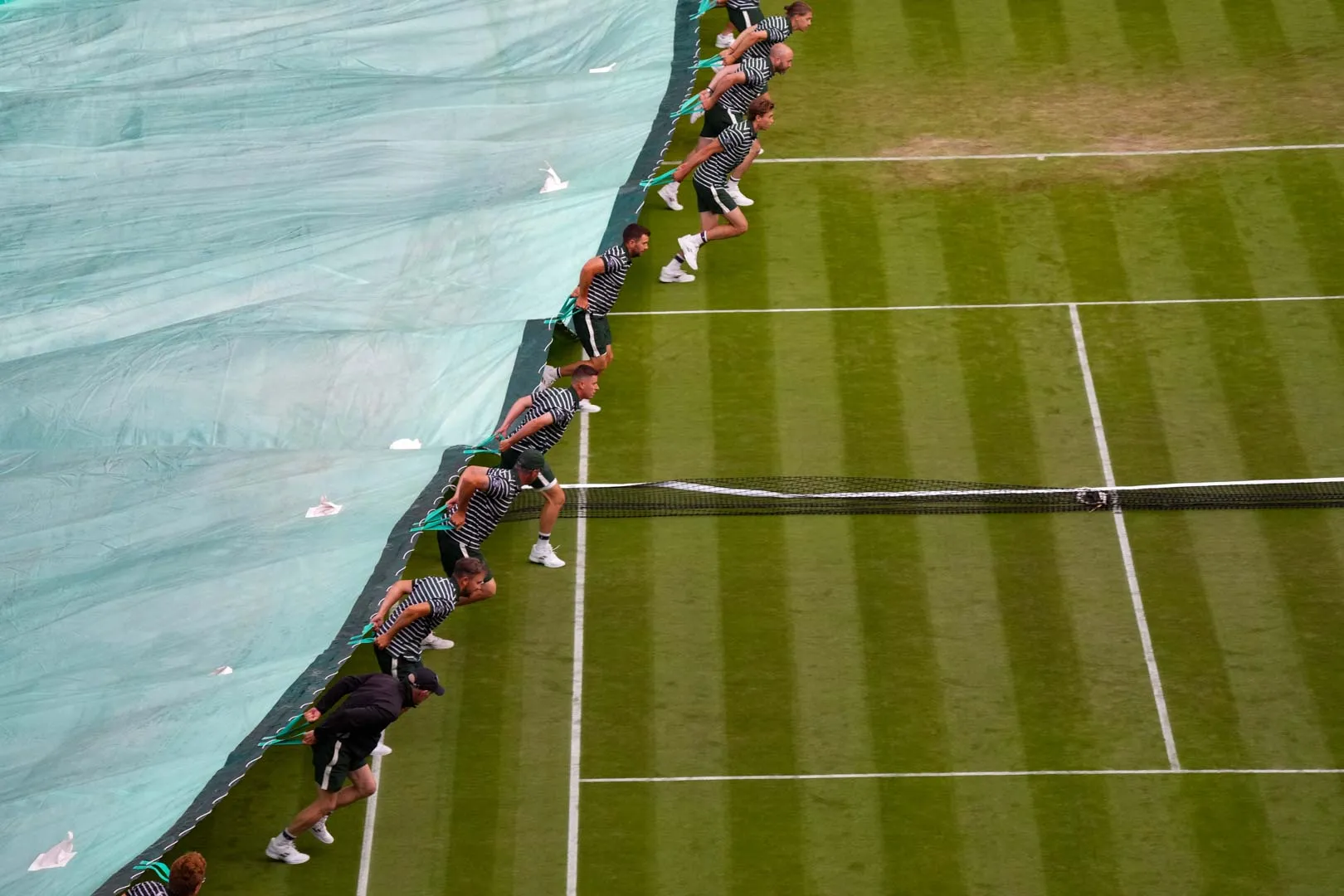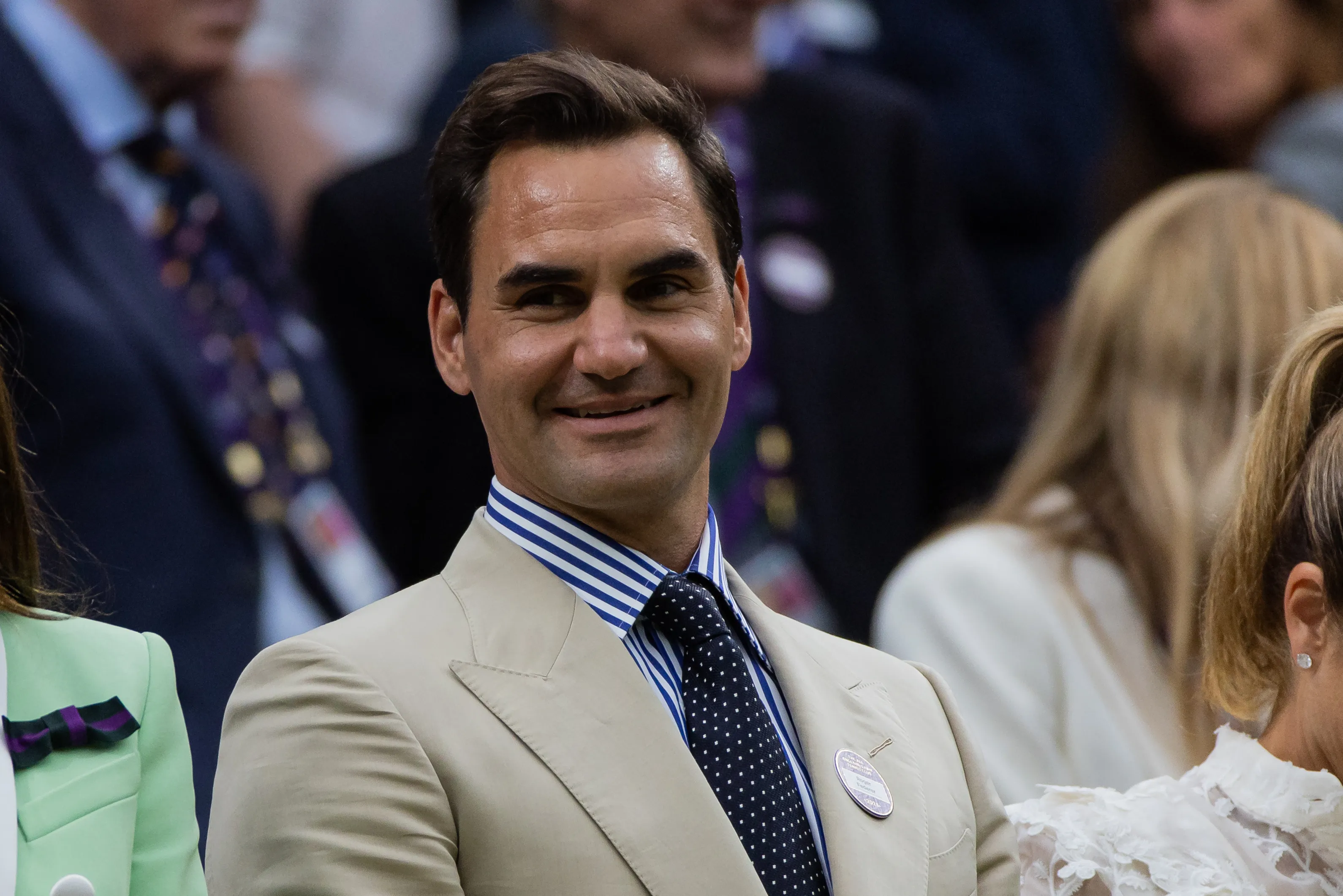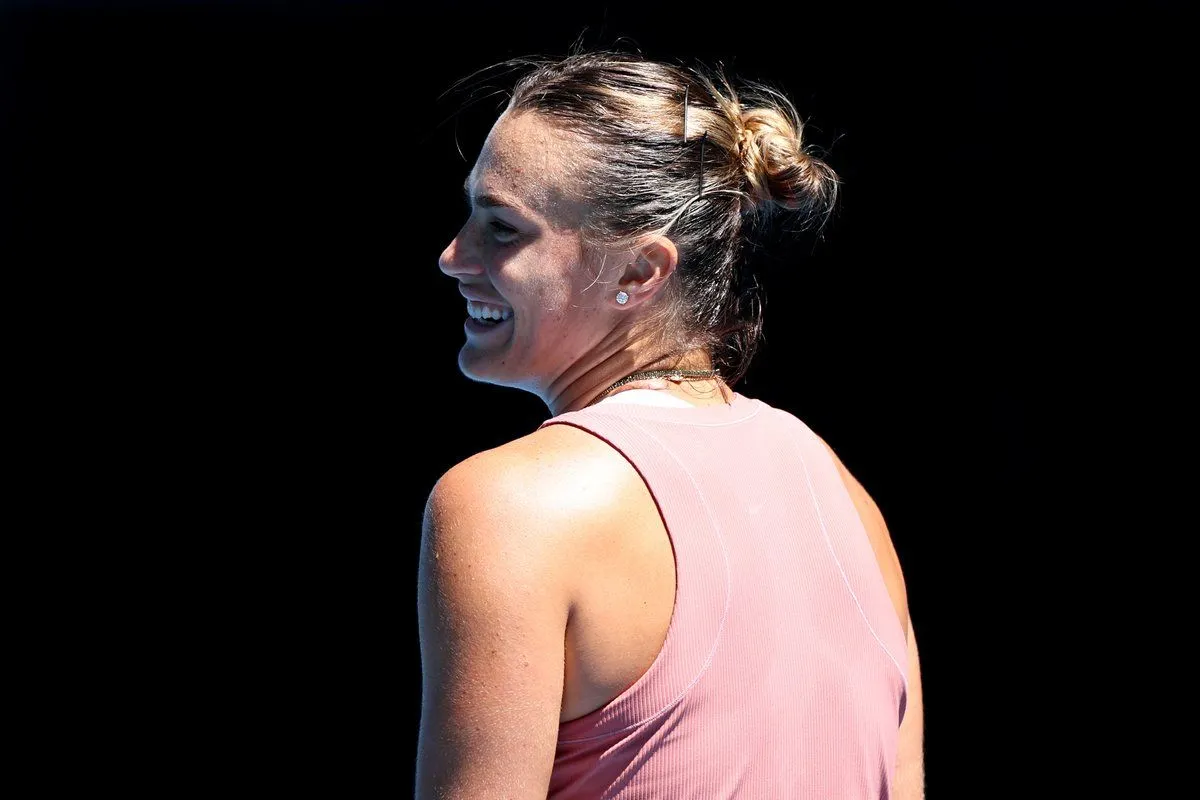
The smooth running of a tennis match while upholding the spirit of fairness and adherence to the code of conduct is a collective effort of the chair umpire and tennis officials.
Tennis, like any other sport, requires an overseer, ball by ball, while at the same time maintaining fairness and order. The presence of tennis officials is critical in calling a tennis match at any level on the ATP or WTA Tours, without which the integrity of the game won't be upheld, and rules are unlikely to be followed.
In this article, we shall try to explain the role of the umpires and officials in tennis matches in their officiating hierarchy and how each one of them plays a key role in any tennis match.
Read also
Line Umpires
In any tennis match, line umpires occupy the lowest level in the chain of command, but their presence is important. As the name suggests, line umpires basically call shots on their assigned lines during a match and usually stand behind the players and on the far end courtside.
They evaluate whether balls landed in or out, and in tournaments without video technology, they have the final say on the outcome of a point. Line umpires are required to have maximum concentration during a match and they report directly to the chair umpire.
However, the role of line umpires is steadily diminishing, and by 2025, the ATP confirmed its full use of Electronic Line Calling Live as technology rapidly advances, calling it the most accurate form of officiating.
Chair Umpires
The chair umpire is the overseer of a tennis match and sits right beside the court in a raised chair that offers an elevated view of the entire court. Chair umpire's station is commonly known as the best seat in the house.
The chair umpire has a massive responsibility in a tennis match. Apart from his primary role of calling the score during a tennis match, he is also the timekeeper always ensuring strict adherence to time limits between points and serves, and during the changeovers and sets break.
The chair umpire is also responsible for settling disputed line calls and penalizing players for violating the code of conduct. This role requires a person with top-notch communication and listening skills, the ability to stay calm and composed under pressure and be a team player in the line of officiating hierarchy.
Tournament Referee
The tournament referee is the chief expert in matters relating to rules and regulations and supervision. Referees take charge of the draws and schedules, appointment of on-court officials, and replacing them when they see fit. They are responsible for upholding the professionalism and integrity of the sport in their supervisory role of the chair and line umpires.
In case of disputes between a player and an umpire, tournament referees act as mediators and interpret rules to avoid confusion and clear doubt, and their decision is final in case of disagreements that cannot be resolved by the umpire.
Read also
Loading








